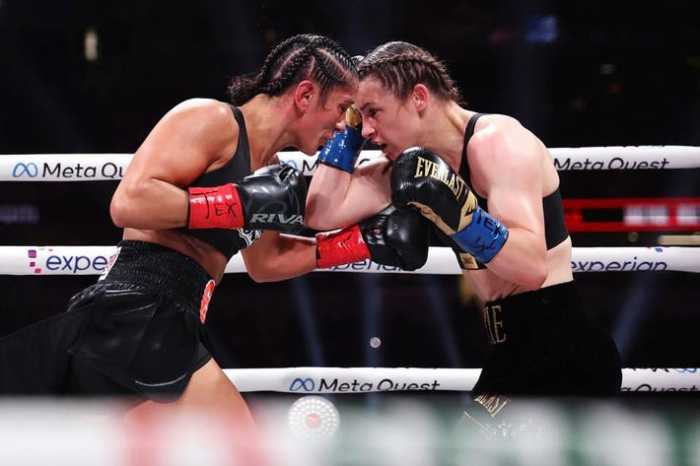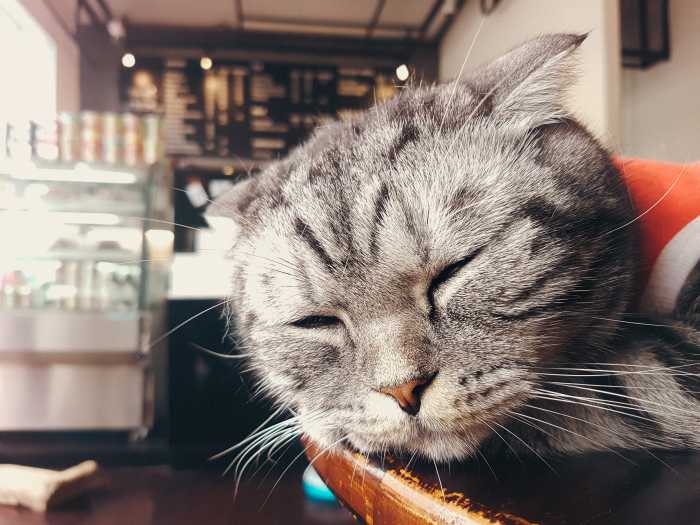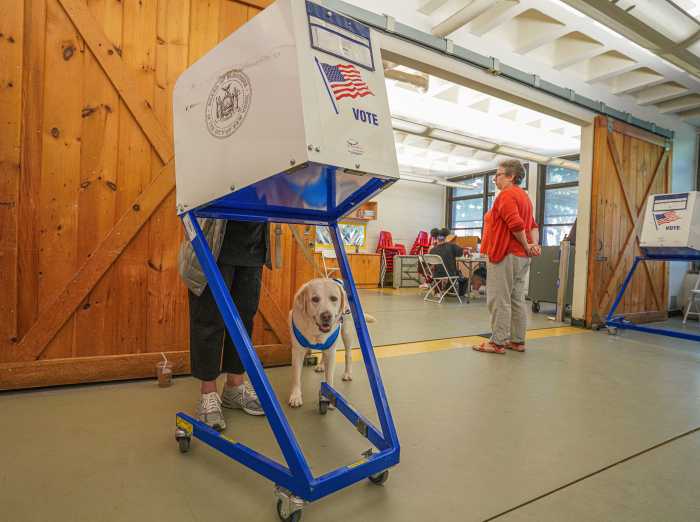A Look Inside The Aspen Institute
(AP) It all starts with a discussion of philosophical texts from the likes of Chekhov, Aristotle and Machiavelli, designed to provoke everything from Socratic dialogue to emotional introspection.
But where these conversations lead is part of the magic that has been taking place for decades at the Aspen Institute. The institute’s unique leadership program started in 1950 as a series of two-week sessions based on readings of Western thought. It was created by an industrialist, Walter Paepcke, as a way for some of America’s top executives to exchange ideas and improve society by imbuing them with humanistic values.
The readings were expanded over the years to include works from all over the world and more contemporary texts. The program, originally called the Executive Seminar, was renamed the Aspen Seminar, and was cut down to six days to better accommodate its targeted audience’s busy schedules. But the institute, located in a resort town in the Colorado mountains, remains true to its goals, and participants say it can be lifechanging.
That was Valeriu Nicolae’s experience when he attended in 2009.
Born in a garbage dump in Romania, Nicolae fought his way out, earning a college scholarship in Germany before becoming one of the youngest executives at IBM. He went on to work at the European Commission on human rights and with the Open Society Foundations, a grant-making foundation started by George Soros to promote human rights and social reform.
But at Aspen, Nicolae was told by another participant that he would not be able to replicate his humanitarian work in some of the worst places in the world.
Taking the comment as a challenge, Nicolae went back to Romania and started a program for kids in the worst ghetto in Bucharest, a place filled with drugs and human trafficking, underage prostitution, even people selling organs for money. He connected to kids through sports, started soccer and baseball teams, then convinced a local school to give them space to play.
Nicolae’s Alternative Educational Program led to dramatic improvements in the community in everything from the grades kids got to street cleaning. Nicolae even got professional soccer teams involved. The campaign, Love Sports, No Racism, No Violence, was honored as a finalist last year for a prestigious award from an international organization called Beyond Sport.
Nicolae says it all started from a seed planted at the Aspen Seminar. “That motivated me practically,” said Nicolae, who has taken in eight kids from the program as his foster children. “I was bored with my job, but I didn’t think it was a bad job at all. I didn’t hate it. But it was lots of talk instead of doing things and now it’s the other way around, doing lots of things and I talk a lot less.”
A weeklong session costs $10,000, which includes lodging at the lush Aspen Meadows Resort, meals and activities. The Aspen Institute recently added an intensive two-day session, and rates start at $400 for a half-day, not including lodging or meals. Government officials and CEOs of some of the world’s biggest companies have attended, and many come back for return trips.
The texts can be challenging and abstract, but the Aspen Seminar gets through the material using a group dynamic and by relating the concepts to everyday life in a thought-provoking manner. The idea is to learn more about yourself, and to become a better leader by becoming a better person.
Idealistic? Sure, but that’s the root of philosophy: Seeking a higher purpose and the best way to get there.
“This is really an opportunity to become self-reflective, become more aware of one’s own strengths and weaknesses, and to understand that the tensions we face in business and life are very often reduced to an inability to see the other person’s point of view,” said Todd Breyfogle, Aspen Institute’s director of seminars.
“This is a philosophical exercise in imagination to conceive multiple points of view and therefore make more informed decisions.”
The seminars usually start with a group dinner before the first session, where participants are asked to tell something about themselves that can’t be found on their resumes. This lets the participants feel more comfortable with each other before diving into the texts.
Readings are customized to the group, but participants are expected to read each text at least once before starting.
A sample session for a group of journalists included Anton Chekhov’s “Gooseberries,” “Nicomachean Ethics” by Aristotle, Machiavelli’s “The Prince,” “Letter from a Birmingham Jail” by Martin Luther King Jr., and “The Danger of a Single Story,” by African author Chimamanda Adichie.
The readings weren’t easy, but the group discussion offered a variety of interpretations based on the experiences each person brought to the text.
Breyfogle, a Rhodes scholar with a Ph.D. in philosophy, guides the conversations with thought-provoking questions to get everyone to form their own conclusions. “I’m not here to tell you what to think, but to help you think more clearly,” Breyfogle said.
A central theme is taking a bigpicture look at society while also figuring out what’s important to the individual and keeping in mind the need to rise above the petty differ- ences that come from varying points of view.
Participants come away feeling as if they have a newfound purpose, that they can-and will-work at being better people and better leaders.
The intellectual exercises are complemented by physical activities such as a hike at majestic Maroon Bells peak and a ropes course.
“This is not a seminar about skills,” said Breyfogle. “It’s a seminar about really becoming clear and deliberate about who you are and why you are.”




































